Blade Runner (d. Ridley Scott USA/Hong Kong/UK 1982/2007)
Blade Runner (d. Ridley Scott USA/Hong Kong/UK 1982/2007)
Please read ‘On Reviews‘ for a guide to how I write film reviews. Any spoilers are appropriately marked and, though I personally prefer to know little about a film before seeing it, there is a synopsis at the bottom for any who wish to see one.
Do Androids Dream of Electric Sheep? (A. Philip K. Dick USA 1968), this has become the Science Fiction wonder: Blade Runner. A list of quintessential Science Fiction films would undoubtedly list Blade Runner. Blade Runner is also one of the films, whose production history is famous, along with films like Brazil (d. Terry Gilliam UK/USA 1985) (Terry Gilliam versus Universal for the final cut), Dune (d. David Lynch USA 1984) (Many consider this film different to its previous attempts such as Alejandro Jodorowsky‘s Dune) and Jaws (d. Steven Spielberg USA 1975) (if Bruce the mechanical shark worked properly, Jaws would be a very different film showing much more of the shark than it currently does). Blade Runner was heavily cut upon it’s theatrical release and was also given a voice over narration and an alternate ending, the film did poorly at the box office. Since then it managed to reach a cult following and subsequently many different cuts were released until finally, in 2007, the Final Cut was released. This is believed to the truest version of Blade Runner to Ridley Scott’s initial vision. Blade Runner is now one of the most important Science Fiction films of all time. The film boasts a thematic complexity, which was believed to be a problem in the initial test screenings of the film but is it really a problem?
Released in cinemas once again, and I doubt it’d be the last time, Blade Runner has a dark majesty on screen. There is an atmosphere to Blade Runner that you can feel from the very first note. Combine this with the visuals and importantly the world and you have a truly wonderful experience. Cinema is about sucking you into this world and Blade Runner certainly succeeds at this. If there is any reason for the horribly cut theatrical run of Blade Runner back in 1982, it was the attention to detail. Cutaways to people, buildings, or even advertisements really create the dystopian future – in a similar way to the extra touches to Starship Trooopers (d. Paul Verhoeven USA 1997). It isn’t just the edits though as the set, costumes and mise-en-scène too! Spectacularly, there are touches like Kanji on a characters door meaning “Chinese good American’s bad” or the price of parking meters! This isn’t just a film it’s a world, watered down or not, it will always be a world.
Considering many Science Fiction films can age quickly due to special effects or just bad predictions of the then future. Considering, also, that the choice to make some things advanced and some things less so, the film is all the more impressive. The special effects still look strong and give stunning visuals and a deep sense of presence on screen even now, though not always realistic. The choice of setting as a dystopian future is a common aspect to Science Fiction films, Brazil and Metropolis (d. Fritz Lang Germany 1927) are other examples. The rich advanced technology creating abused masses is a common cautionary tale but one that isn’t always successfully depicted. Here, in Blade Runner, it works so well that it’s amazing to see so many accurate depictions of the future. Technology has distanced ourselves from ourselves and the human vs replicant (android) theme is all the more relevant as we get further and further away from our humanity – so to speak. The very nature of the Voight-Kampff test is to discover emotions to define someone as human, and yet the replicants show more emotion than the humans.
Blade Runner at the cinema is enhanced by the silver screen but it doesn’t rely on this. The visuals, though important, aren’t the most successful part of this film. The thematic complexity both of characters and the world simply allows for this film to be enjoyed again and again. Blade Runner is easy to get lost in both the characters and the world and each viewing can reveal more to a spectator. Blade Runner is still relevant and still powerful and still one of the most important Science Fiction films – and an important film, generally, for its power to depict its world.
Synopsis
In a dystopian future, Deckard (Harrison Ford) is a retired Blade Runner, a type of detective who hunts and ‘retires’ replicants (extremely human-like androids). Learning that four are very much active and have proven to be dangerous, Deckard is forced to continue his duties and hunt down these replicants.
Further Reading
Blade Runner Documentary Part 1
Blade Runner Documentary Part 2
Blade Runner Philosophical Films
Blade Runner and Genre: Science Fiction and Film Noir
Ideology as Dystopia: An Interpretation of Blade Runner
Do Androids Dream of Electric Sheep? and Blade Runner
The Nocturnal Future as Alienated Existence: Blade Runner
Blade Runner and Technology’s Past Future
Dystopian City of Blade Runner: Estrangement through the CineCity-scape
Blade Runner and Sartre The Boundaries of Humanity
‘How Can It Not Know What It is?’: Self and Other in Ridley Scott’s Blade Runner
The Authenticity of the Replica: A Post-Human Reading of Blade Runner
Understanding Arthouse: Blade Runner
Blade Runner The Aquarelle Edition

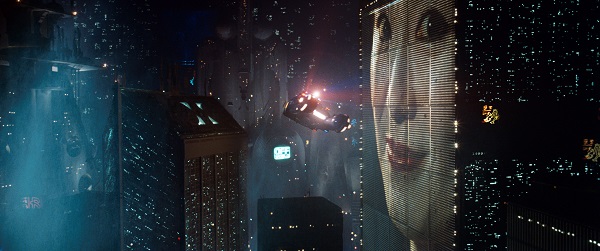
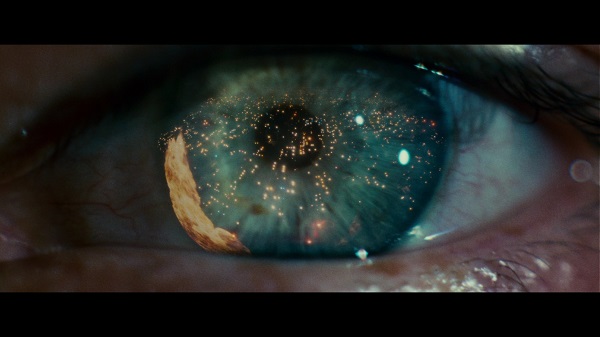
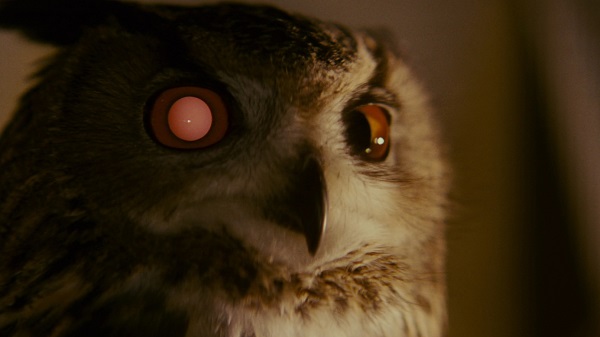
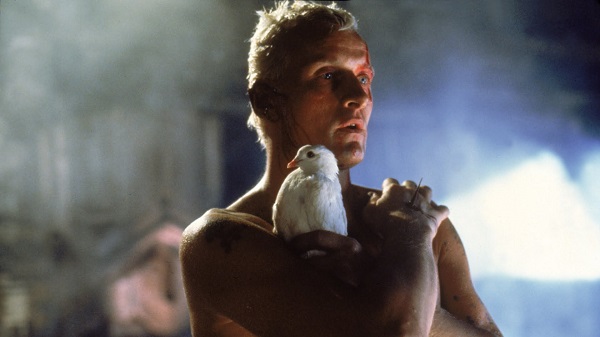




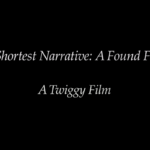


Leave a Reply